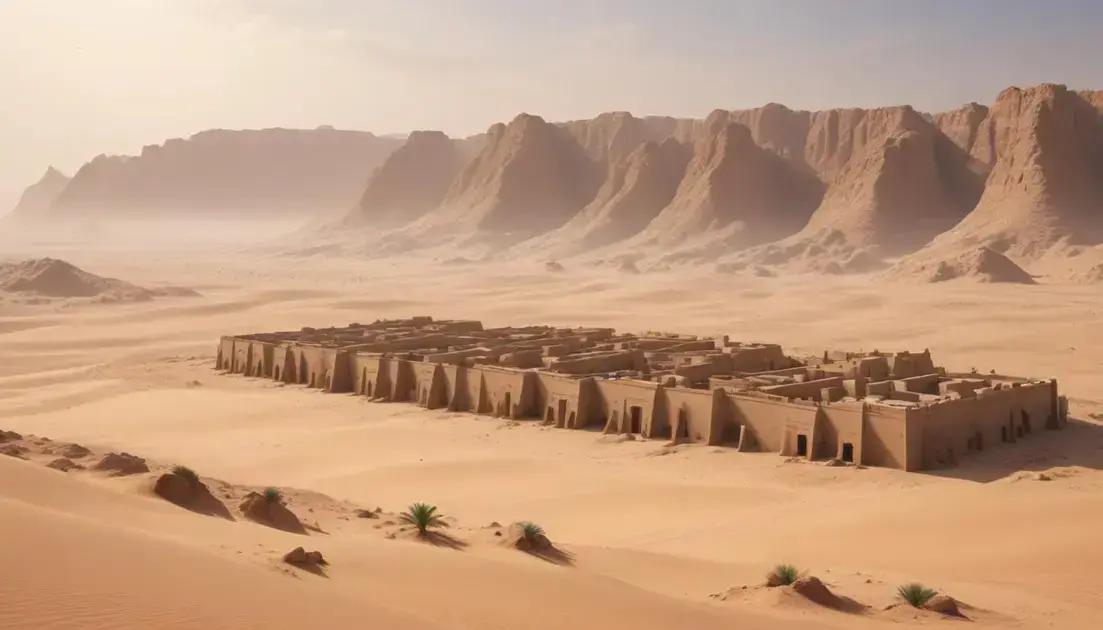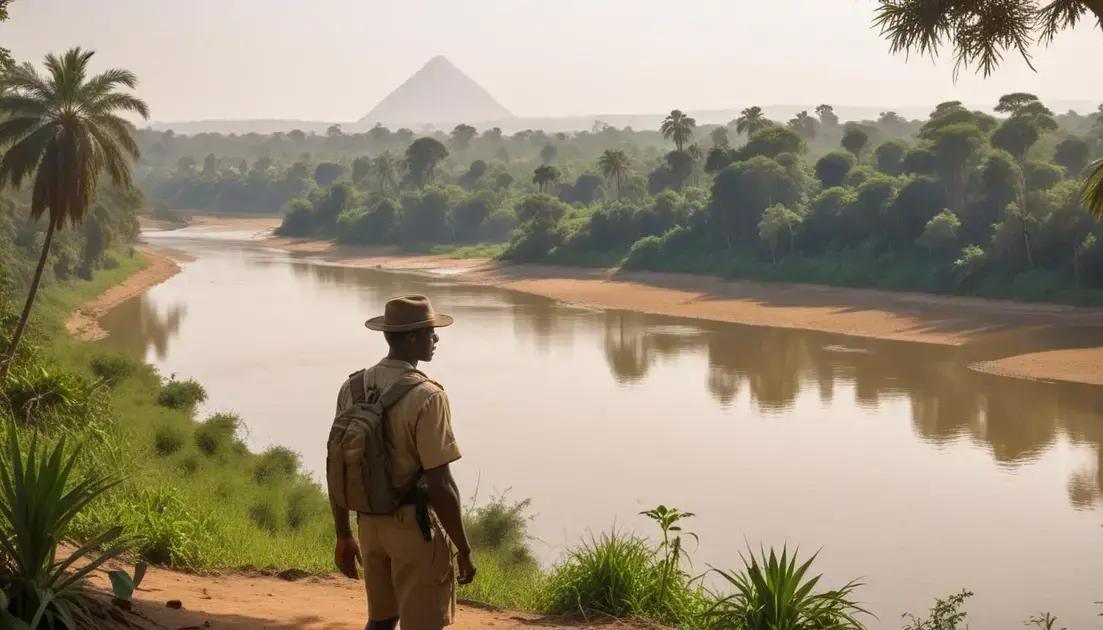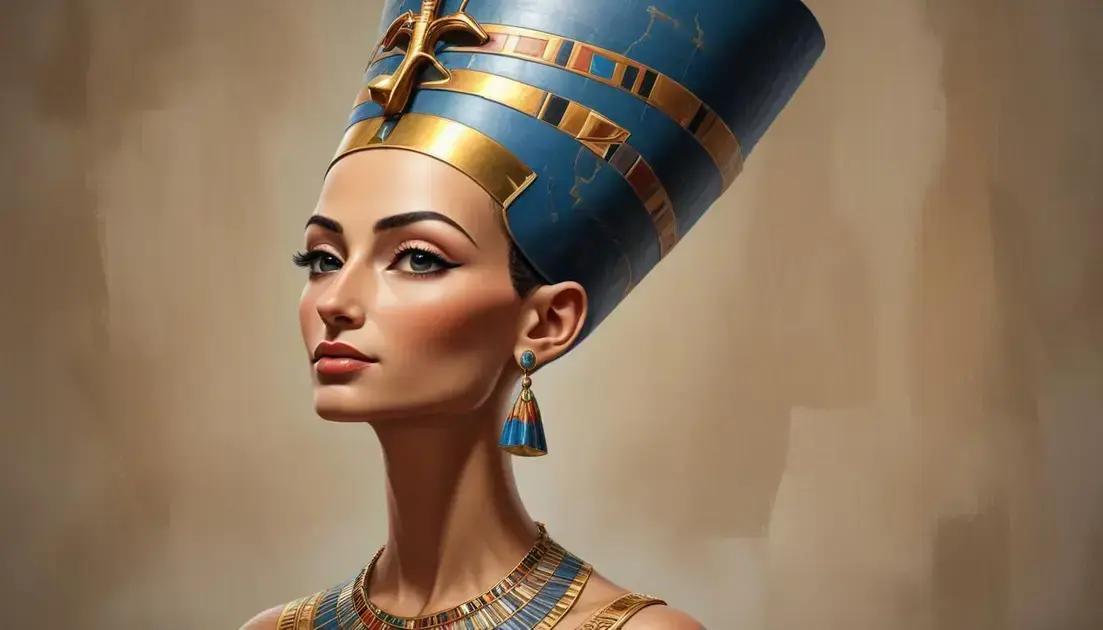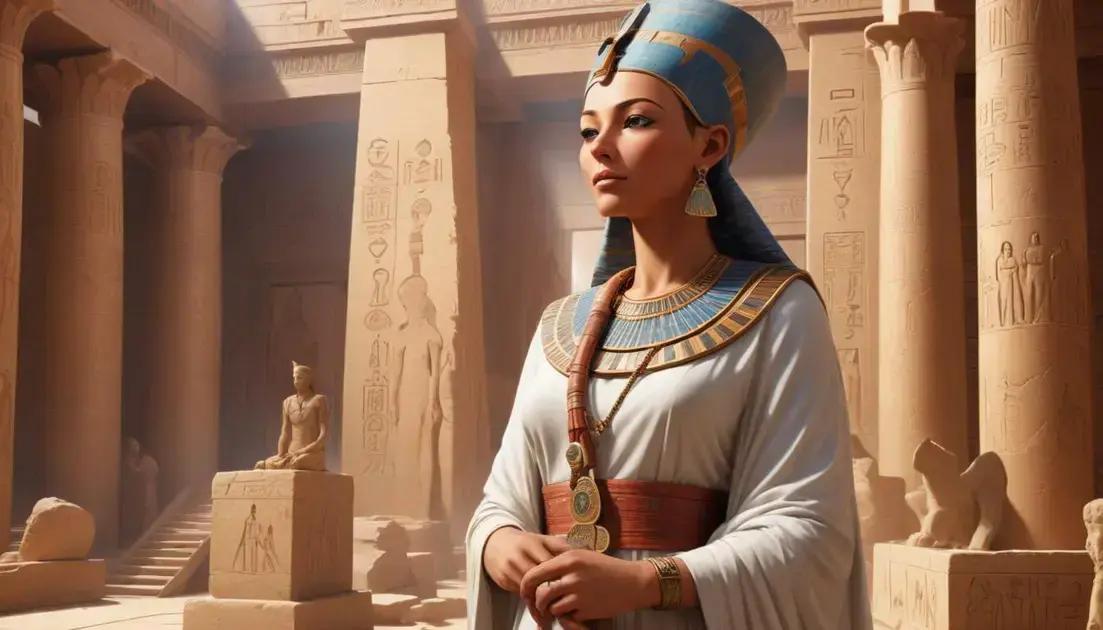
Egyptian Monasticism: Desert, Ascetics and Communities
Egyptian monasticism significantly shaped Christianity by promoting a disciplined lifestyle focused on prayer and community living. Early monks in the Egyptian desert fostered values like humility, service, and deep faith, which continue to influence modern Christian practices. Their communal approach not only preserved theological texts but also established monasteries as centers of learning and culture, profoundly impacting Christian traditions worldwide.
Egyptian Monasticism arose as Christians fled to the desert, seeking solitude and spiritual depth. This movement shaped their faith and created vibrant communities.
What is Egyptian Monasticism?
Egyptian Monasticism is the practice of seeking religious life in solitude, mainly in the desert. Early Christians, facing persecution, wanted to connect deeply with God. So, they left society to live a simple life away from distractions.
This movement began in the 3rd century AD, led by figures like St. Anthony. He is known as the father of monasticism. Many followed his example, retreating to the wilderness to focus on prayer and reflection.
Monks often lived alone, but they also formed communities. These communities, like the ones in Scetis, allowed for shared support in faith. Members relied on one another for help and encouragement.
The lifestyle in these communities centered on humility, prayer, and work. Each day included spiritual practices like meditation and reading scripture. The goal was to grow closer to God and help others.
Egyptian Monasticism had a lasting impact on Christianity. It set the foundation for monastic practices elsewhere. Monasteries became centers of learning and culture. Thus, the spirit of Egyptian Monasticism continues to be felt in many religious traditions today.
The Role of the Desert in Ascetic Life
The desert plays a crucial role in ascetic life for many early Christians. It offers a place away from distractions. In the vast, quiet sands, people seek a deeper connection with God. The harsh environment teaches strength and endurance.
Many ascetics believe that isolation helps them grow spiritually. By focusing on prayer and meditation, they find clarity. The solitude of the desert allows for reflection and a better understanding of their faith.
Living in the desert isn’t easy. Ascetics face extreme heat and limited food. Yet, these challenges bring them closer to God. They learn to rely on faith for daily needs.
Deserts also symbolize spiritual journeys. They represent a path to inner peace. Many monks see their time in the desert as essential for personal growth. This connection to the harshness of nature reflects their journey of self-discovery.
Thus, the desert serves as a vital backdrop for ascetic life. It shapes practices and beliefs that last through time. The lessons learned in solitude continue to influence monastic traditions today.
Communities of Early Monks
Communities of early monks were crucial for the growth of monasticism. These groups formed in the deserts of Egypt, creating a new way of living. They shared a common goal: to deepen their faith and serve God together.
Life in these communities centered around prayer, work, and study. Monks followed strict routines to help focus on their spiritual growth. Daily activities included communal prayers, scripture reading, and farming.
Living in a community offered support to individual monks. They found strength in numbers, sharing their struggles and joys. This bond helped them stay motivated in their spiritual journey.
Each community had its own style and rules. Some monks lived in individual cells, while others shared communal spaces. This flexibility allowed monks to choose what suited their spiritual needs best.
The teachings of early monks are still relevant today. They focused on humility, kindness, and service. Many of these values continue to shape modern religious practices. Communities of early monks remain a significant part of monastic history.
Impact on Christianity as a Whole
The emergence of Egyptian monasticism had a significant impact on Christianity as a whole. It introduced new practices that changed how believers connected with their faith. Monks in Egypt sought a life of discipline, prayer, and solitude.
This movement influenced many aspects of Christian worship and community. Monasteries became centers of learning, where monks copied texts and shared knowledge. Their dedication helped preserve important writings during turbulent times.
Additionally, monasticism promoted values like humility, charity, and community service. These principles spread throughout the Christian world, shaping how believers lived their daily lives. Many religious orders adopted similar structures and values.
The unique spiritual practices of Egyptian monks inspired various Christian movements. Monastic life encouraged individuals to seek a direct relationship with God. This personal approach appealed to many, further spreading the influence of monastic practices.
Today, the legacy of Egyptian monasticism can be seen in various Christian traditions. Its focus on community, prayer, and service continues to impact how faith is practiced across the globe.
Conclusion
In conclusion, the journey of Egyptian monasticism shaped Christianity in profound ways. It encouraged deep faith through a lifestyle of prayer and discipline. These early monks built communities that valued support and shared purpose.
Their impact can still be seen today. Monasteries became hubs of knowledge and culture, preserving important texts. The values they practiced, like humility and service, continue to inspire many Christians around the world.
As we explore the legacy of Egyptian monasticism, we see how it transformed not just individual lives but the entire Christian tradition. By understanding this rich history, we can appreciate the role of community and devotion in our spiritual lives.


